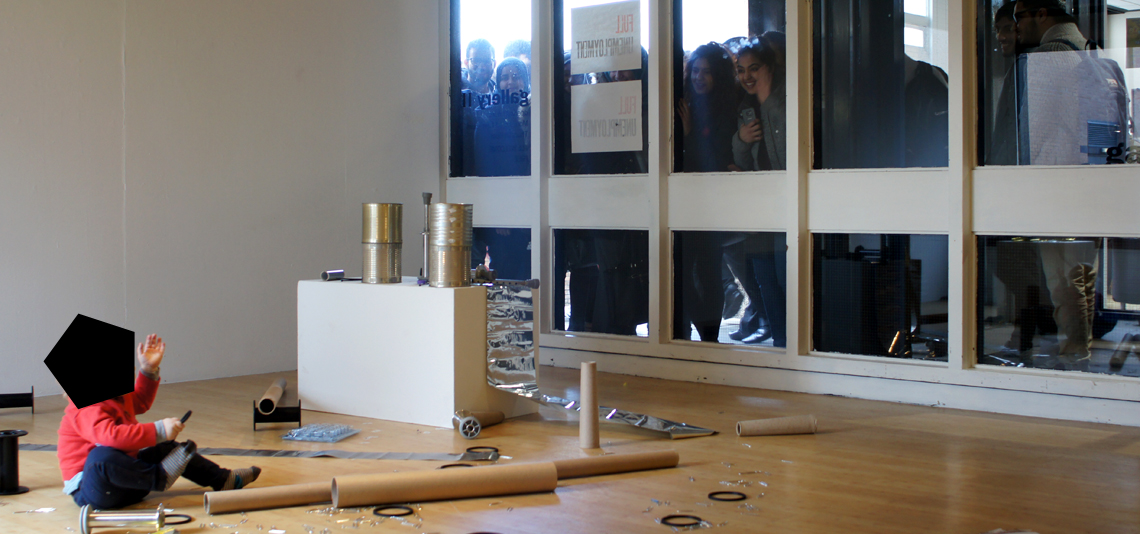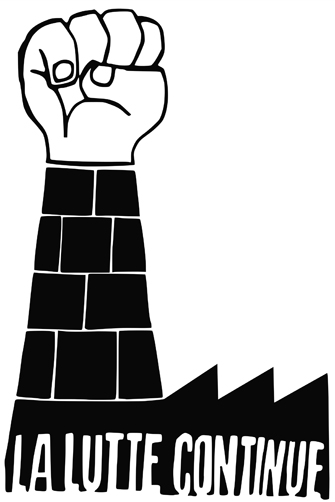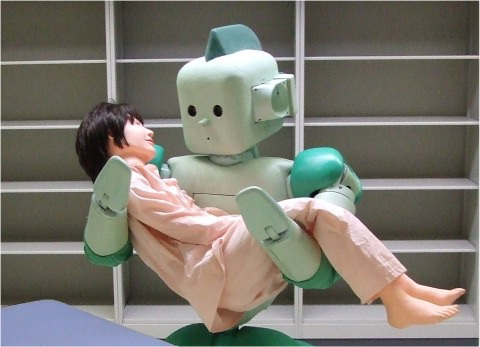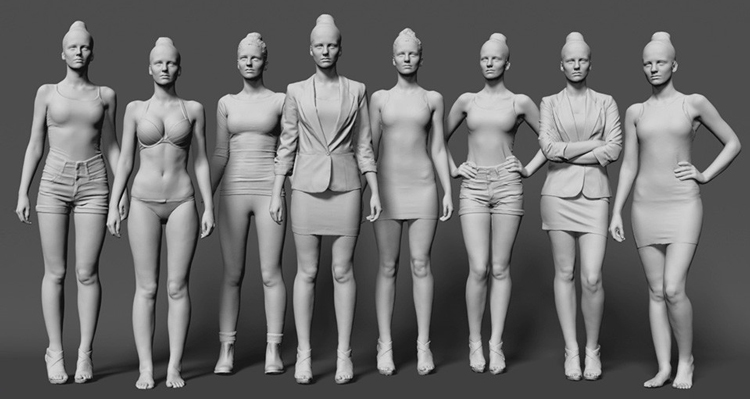
About This Page
Throughout February 2017 we will be artists in residence in the gallery at Bradford University, researching the implications of automation and Artificial Intelligence on professional and domestic labour, and developing a new interactive sound installation that will aim to present and activate current narratives around robotics and the future of work. This page will function as a blog in which to record our thoughts, discussions and activity during the residency.
THE FIGHT CONTINUES
The long history of automation of the workplace finds its match in the history of workers' struggle, a class war between the owners of the means of production and those selling their labour, which is as ceaseless as technological innovation itself. As the 45,000 workers precariously employed by App firms Deliveroo and UBER know, this struggle must continue, grow and evolve if we are to avoid catastrophic fallout from the immanent technological revolution. According to the World Economic Forum, 'We stand on the brink of a technological revolution that will fundamentally alter the way we live, work, and relate to one another. In its scale, scope, and complexity, the transformation will be unlike anything humankind has experienced before. We do not yet know just how it will unfold, but one thing is clear: the response to it must be integrated and comprehensive, involving all stakeholders of the global polity, from the public and private sectors to academia and civil society.'

Car culture
'Hello, Jav, Got a New Motor?': Cars, (De)Racialization and Muslim Identity
Dr Mohammed Yunis Alam, Lecturer in the Department of Sociology and Criminology, University of Bradford, contributing to Runnymede publication The New Muslims, 2013.
Download PDF here

Fight for the right NOT to work
In 2013 and 2015 we collaborated in the development of two prototype future workers, Child One and Child Two. Using current averages of a 35 hour working week, 47 weeks per year, for a working lifetime of 40 years, we estimate that we have produced 131,600 extra hours of human labour-time. Given that about 35% of current jobs in the UK are at high risk of computerisation over the following 20 years this presents us with the distinct possibility that our childrens' labour will form part of a large surfeit and that they and many of their peers will in fact be surplus to the world of work.
European Parliament: Recommendations for Robot Ethics and 'Electronic Personhood'
In January 2017 the European Parliament Committee on Legal Affairs passed a report in a 17-2 vote drafting a set of regulations to govern the use and creation of robots and artificial intelligence, granting and protecting it's non-human rights through a form of "electronic personhood".AI could surpass human intellectual capacity in a manner which, if not prepared for, could pose a challenge to humanity's capacity to control its own creation and, consequently, perhaps also to its capacity to be in charge of its own destiny and to ensure the survival of the species
Points from the report:
"7. Points out that the guiding ethical framework should be based on the principles of beneficence, non-maleficence and autonomy, as well as on the principles enshrined in the EU Charter of Fundamental Rights, such as human dignity and human rights, equality, justice and equity, non-discrimination and non-stigmatisation, autonomy and individual responsibility, informed consent, privacy and social responsibility, and on existing ethical practices and codes;""E. whereas at the same time the development of robotics and AI may result in a large part of the work now done by humans being taken over by robots, so raising concerns about the future of employment and the viability of social security systems if the current basis of taxation is maintained, creating the potential for increased inequality in the distribution of wealth and influence;"
"H. whereas the 'soft impacts' on human dignity may be difficult to estimate, but will still need to be considered if and when robots replace human care and companionship, and whereas questions of human dignity also can arise in the context of 'repairing' or enhancing human beings;
I. whereas ultimately there is a possibility that within the space of a few decades AI could surpass human intellectual capacity in a manner which, if not prepared for, could pose a challenge to humanity's capacity to control its own creation and, consequently, perhaps also to its capacity to be in charge of its own destiny and to ensure the survival of the species;"
Recommendation for Universal Basic Income:
23. ...takes the view that in the light of the possible effects on the labour market of robotics and AI a general basic income should be seriously considered, and invites all Member States to do so;
View the report here

Recent articles and journals
Desert Storm, a South African company, makes a Skunk octocopter that comes equipped with pepper spray and a plastic ball gun designed to break miner's strikes. Now, with growing international demand, they are sold only in 50-unit bundles with new factories opening in Oman and Brazil. The company does not reveal their customers.

Uniform UNIT
For part of the Arts Lab the four of us will experiment with wearing a uniform when we are working in the gallery. A uniform turns an individual from "one" to "one of many", subsuming their identity into the larger unit. This is not only true of military organisations, but any organisation that uses a uniform. This can be seen as positive (the sense of belonging and unity between group members) or negative (the loss of the individual).
Tired of the tyranny of fashion? Wear a jumpsuit every day